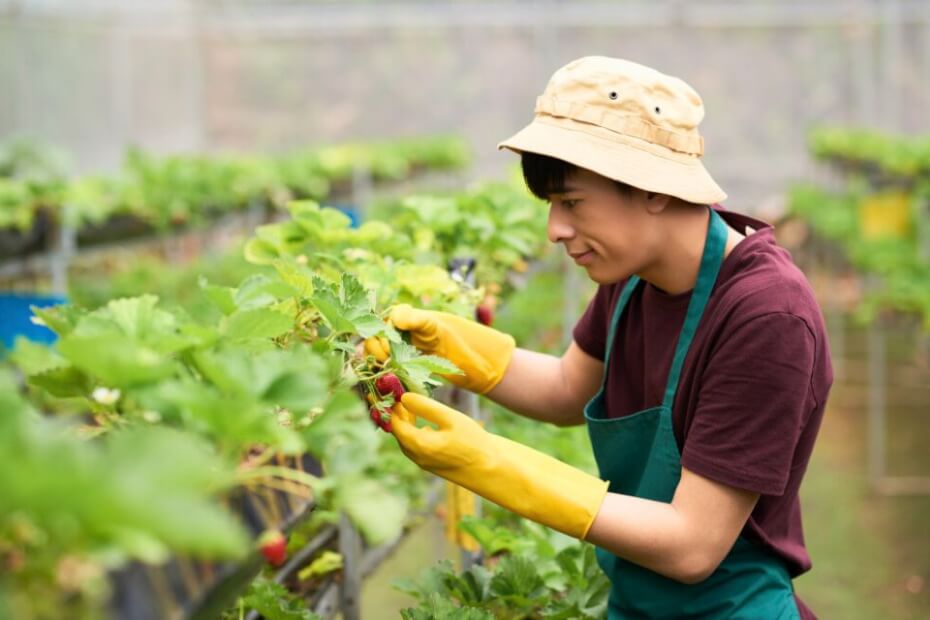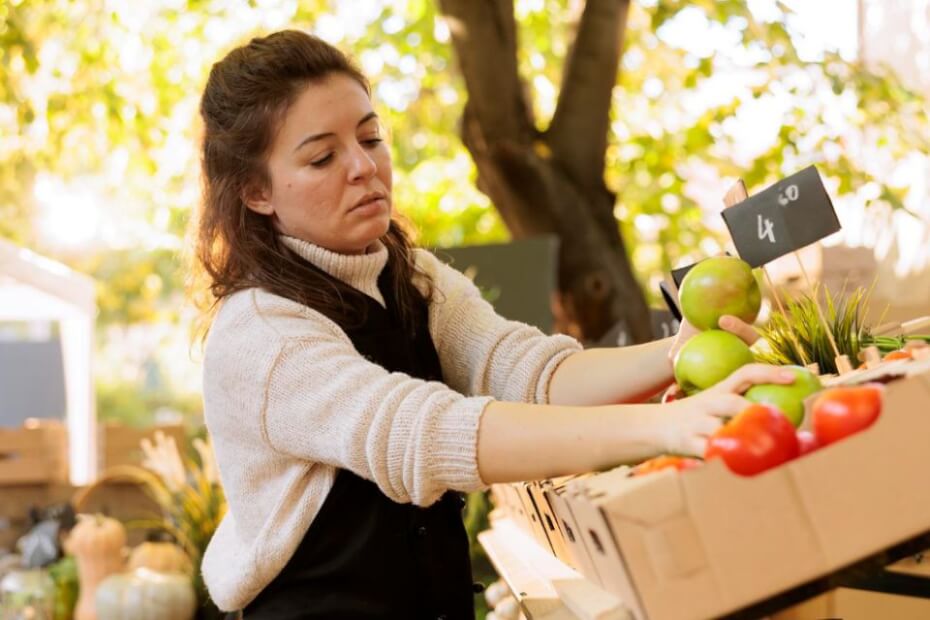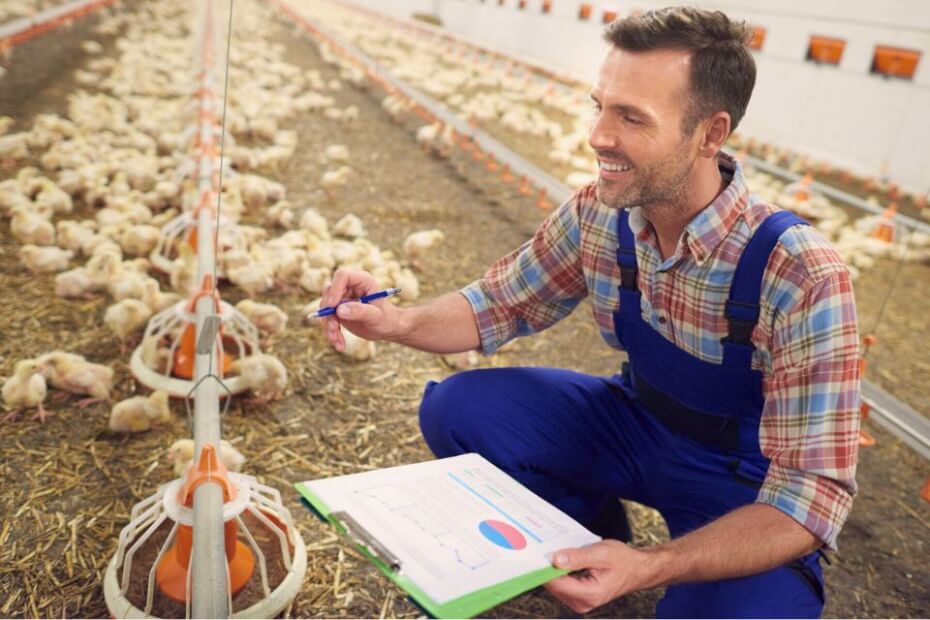
The United Kingdom (UK) Government has announced a fresh allocation of 45,000 Seasonal Worker visas for 2025.
This decision shows its commitment to supporting the country’s vital horticulture and poultry industries.
It seeks to provide stability to British farms and food businesses that depend on seasonal workers to meet high-demand periods.
This is especially crucial during peak times, especially around harvest and holiday seasons.
The allocation includes 43,000 visas for horticulture, covering roles like fruit and vegetable picking.
The additional 2,000 visas are for the poultry sector, which experiences more significant labor needs during the festive period.
Food Security Minister Daniel Zeichner stressed that “food security is national security.”
“Confirming the seasonal worker visa allocation for 2025 gives growers and producers certainty,” he said in a news release.
Zeichner added that this enables them to plan ahead and secure the necessary labor for growth and success.
Stability for food supply and industry support
The Seasonal Worker visa route has been extended to help the agricultural sector meet its labor demands, which intensified after Brexit.
This measure aims to stabilize food supply chains and reduce unharvested crops and unmet consumer needs during peak demand.
With food security as a priority, the Seasonal Worker visa is vital in maintaining stability and preventing disruptions in the agricultural sector.
According to FarmingUK, worker shortages have previously led to substantial losses.
In 2022, an estimated £60 million worth of crops was left unharvested due to labor gaps.
The 2025 Seasonal Worker visa allocation aims to tackle such labor shortages and ensure a steady flow of produce from farms to UK stores.
Industry leaders have expressed relief and gratitude for the confirmed Seasonal Worker visa numbers.
The National Farmers’ Union (NFU), representing many UK farmers, has been vocal about needing a stable seasonal workforce to keep food production steady.
NFU President Tom Bradshaw welcomed the announcement, noting that it will allow farmers to plan for the year ahead.
However, he also stressed the need for a more predictable, long-term plan for the industry.
“Farming and growing businesses don’t just work on year-to-year production cycles; they plan their business operations years ahead.”
Calls for a long-term solution

While the 2025 visa allocation is a positive step, farming advocates like the NFU continue to push for a more stable, long-term solution.
The Seasonal Worker visa route will be available until 2029, per the previous government’s announcement in May 2024.
The Migration Advisory Committee (MAC), an independent group advising the UK Government, has recently reviewed the visa scheme.
The Committee recommended that the Seasonal Worker visa route be more flexible and extended to meet ongoing labor needs.
Bradshaw stressed the importance of the MAC’s recommendations, urging the government to respond and provide a clearer, long-term plan.
“We don’t want to see a return to empty supermarket shelves or further years where £22 million of crops are left to rot in the fields,” he stated.
The NFU president added that the “ambitious” agriculture industry seeks to boost productivity for the nation’s well-being.
However, “action is needed to make this a reality,” Bradshaw emphasized.
Positive seasonal worker feedback
The Department for Environment, Food, and Rural Affairs (Defra) also released findings from a recent seasonal workers survey.
Conducted in early 2024, the survey showed that 91 percent of seasonal workers had a positive experience working in the UK.
Among the respondents, 95 percent also expressed a willingness to return to do seasonal work in the country.
These results advocate for a more stable Seasonal Worker visa option beyond 2029.
It shows that many workers are satisfied with their time in the UK and are likely to return, easing labor shortages for British farms in the future.
The government said it would work with the agriculture industry to improve positive worker feedback through its farm compliance checks.
Defra stated that it will also collaborate with international partners to ensure workers are aware of what to expect before their arrival.
This will help them avoid incurring unnecessary costs and fees during visa application and processing.
Additional measures to support poultry farmers

Along with confirming the visa numbers, the government announced new measures to support poultry farmers.
The goal is to safeguard poultry producers against the impacts of avian flu outbreaks and promote fairness in the sheep supply chain.
Under current regulations, eggs from free-range hens can be labeled as “free-range” for only 16 weeks during mandatory housing measures to protect against avian influenza.
Starting January 2025, new legislation will allow free-range eggs to keep their label throughout these housing periods,
Farmers Guide reports that this will help farmers maintain their product’s market appeal despite necessary protective measures.
Additionally, the government is holding consultations on similar labeling protections for free-range poultry meat.
This change, if implemented, would prevent labeling disruptions for poultry producers during future avian flu outbreaks.
The government plans to introduce new laws to further support fair trade practices in the livestock sector.
This includes mandatory price reporting and sheep carcase classification, aligning it with the rules for beef and pork.
Future of Seasonal Worker Visa Scheme
Seasonal labor shortages have previously led to higher food prices and less variety on store shelves, especially during peak seasons.
The Seasonal Worker visa route for 2025 provides relief and stability for many in the UK’s farming sector.
However, the previous government planned for the visa scheme until 2029, with yearly quotas announced for the subsequent years.
The new Labour government has not yet confirmed whether the Seasonal Worker visa allocation will proceed until 2029 and beyond.
Industry leaders push for a more permanent, predictable solution besides providing funding and technological investments.
Farming leaders emphasize the benefits of a long-term seasonal labor plan to secure the future of British agriculture.

